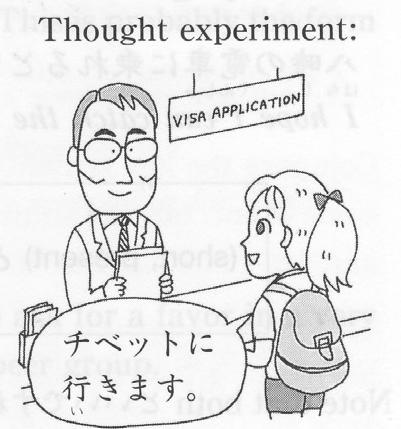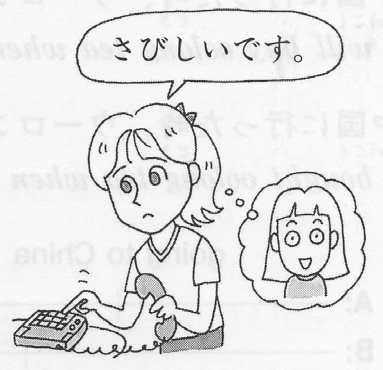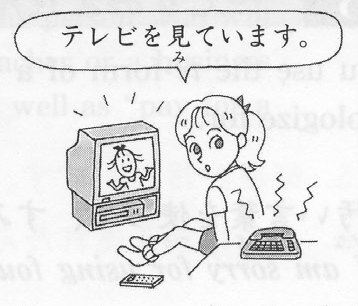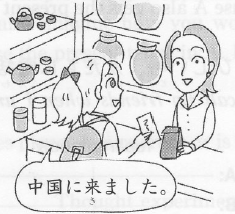We use the word とき - toki to describe when something happens or happened.
When A, B.
Place yourself at the time the main event B takes place, and imagine how you would describe the event in A.
If A is current or yet to happen, use the present tense in A.
If A has already taken place, use the past.
* The grammar of the toki temporal clauses in reality has more twists and quirks than are shown here, but this should be a good enough start.
If, at the time the main event B takes place, A is current or is still "in the future," use the present tense in A.

I will get the visa issued when I go to Tibet.
chibetto-ni iku toki, biza-o torimasu.
Note that as long as event A occurs
after event B, the clause A gets the present
tense (iku),
irrespective of the tense in clause
B (torimasu
or torimashita).
In the example below, the whole sequence of events has been
shifted to the past:
at the time you applied for the visa (=B), the
departure (=A) was yet to be realized.
The temporal order between the two events is exactly the
same as in the example above,
hence the present tense of
iku.
Note especially that we use the present tense in
A,
even if the two events took place in the past.
chibetto-ni iku toki, biza-o torimashita.
I take out the contact lenses when I go to sleep.
I locked the door when I went out.
dekakeru toki, doa-ni kagi-o kakemashita.
* 7

I call up friends when I am lonely.
sabishii toki, tomodachi-ni denwa-shimasu.
samui toki, atama-ga itaku narimasu.
If A is a verbal idea (action) and describes an
ongoing event during which B takes or took place,
the verb in
A is in the -te iru form.
In the example below, the phone call event (= B) occurs in
the middle of TV viewing (=A).

A phone call came when I was watching TV.
terebi-o mite iru toki, tomodachi-kara denwa-ga arimashita.
because itte iru does not describe an ongoing event but is a description of the result of "going,"
that is, being in a faraway place after going (see Lesson 7).
okinawa-ni itte iru toki, hikooki-ni norimashita.
If, at the time of the main event B, A is already "in the past," use the past tense in A.
Note that we use the past tense even when the two events are yet to take place; it is the order of the two that matters.
In the example below, you will have already arrived in China (=A) at the time you buy tea (=B).

(A) going to China /when/, (B) buying oolong tea
I will buy oolong tea when I go to China.
I take a long bath when I have gotten tired.
tsukareta toki, yukkuri ofuro-ni hairimasu.
I cried when I had forgotten to bring the homework.